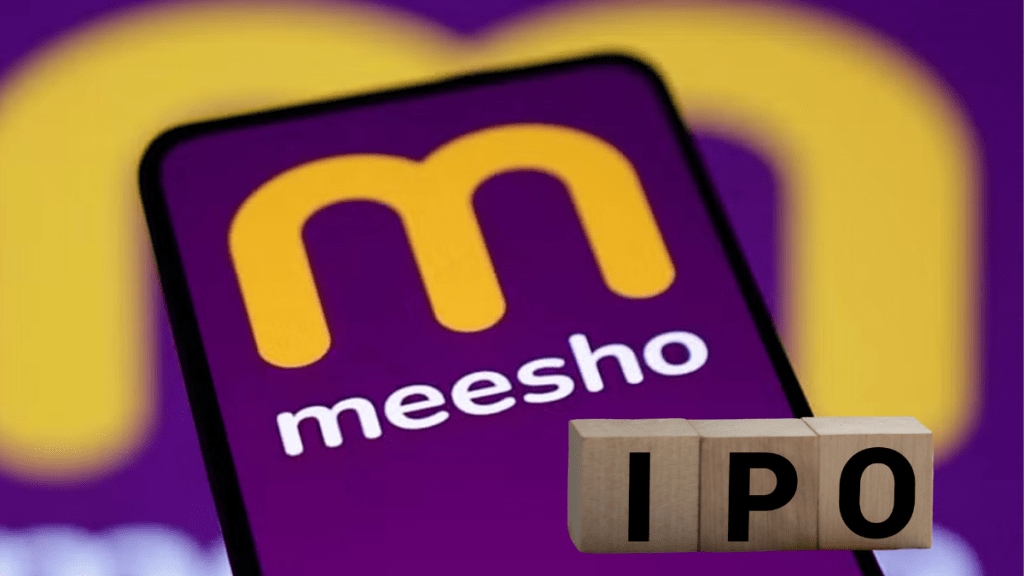The IPO calendar continues to be hectic and the Meesho IPO is among the recent new issues to get the SEBI nod. Though the IPO dates are not finalised yet, global brokerage house Bernstein says Meesho has become the voice of the “money poor, time rich” India that buys for price, not for speed. The Bernstein report compares it to other successful low cost business models like DMart and Vishal Mega Mart, adding scale to national level.
Meesho IPO details, issue size
E-commerce unicorn Meesho plans to raise around Rs 4,250 crore through a fresh issue, along with an Offer for Sale (OFS) of up to 175.7 million shares by existing investors.
Major investors such as Elevation Capital, Peak XV Partners, Venture Highway, Y Combinator Continuity, and Golden Summit Limited will sell part of their holdings. Founders Vidit Aatrey and Sanjeev Barnwal will also offload around 1.18 crore shares each, marking their first secondary sale since starting Meesho nearly a decade ago.
Bernstein on Meesho IPO: Targetting the new divide in India’s online market
Bernstein said the internet now runs on two tracks. One sells convenience to a narrow, high-spending crowd. The other sells access to everyone else. Meesho’s growth proves the second track is bigger. “Meesho’s rapid growth in MAUs is one example that demonstrates this shift in behavior,” the note says.
Data indicates Meesho’s monthly active users increased to 28.8 crore by November 2024, most of them from Tier-II, Tier-III, and Tier-IV cities. Sensor Tower numbers show steady growth over five years, even as metro platforms hit a ceiling. Bernstein calls this “long-haul e-commerce” slower, wider, and built for reach.
Bernstein on Meesho IPO: Scaling up low-cost model like DMart
Meesho follows what Bernstein labels “Option 2” price before convenience. Its strength lies in a lean supply chain and low fixed costs. The company links small sellers to buyers through partners instead of running dark stores or large city warehouses. Average order value stays below Rs 300, yet the scale keeps margins healthy.
Bernstein puts Meesho in a league with DMart and Vishal Mega Mart firms that turned low prices into a national scale. “Several players have scaled this successfully, DMart, Meesho, Vishal Mega Mart, to name a few,” the report stated.
Digital payment has added to convenience. The same note points out that 86.7 per cent of rural youth now use UPI, compared with 74 per cent in cities. That single change removed the fear of online transactions. For many small-town users, Meesho became their first experience of trusted digital buying.
Bernstein on Meesho: What investors are really buying
Bernstein says the old argument that e-commerce belongs only to rich customers no longer holds. “The debate that digital shopping will remain restricted to the top of the income strata is a debate which focuses on the wrong metric,” it notes. The right metric, it adds, is whether the platform adds daily value. Meesho does that by cutting costs for both buyers and sellers.
The IPO gives investors a stake in India’s affordability story rather than its convenience story. Bernstein sees Meesho as the first internet firm to turn mass-market economics into a national business. Its edge lies in reach, not glamour.
